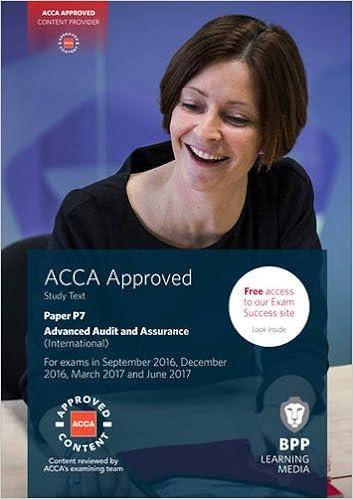Question
21. Consideration a. must be something of ascertainable monetary value. b. must be something generally agreed upon as having monetary value. c. must be something
21. Consideration
a. must be something of ascertainable monetary value.
b. must be something generally agreed upon as having monetary value.
c. must be something of economic value.
d. must be something having legal value.
22. Past consideration
a. will support a present contract.
b. will support a contract for manual labor.
c. is no consideration.
d. will support a contract by and between corporate shareholders.
23. As a general rule
a. courts will scrutinize the adequacy of consideration.
b. courts will not evaluate the adequacy of consideration.
c. only arbitrators in an arbitration may evaluate the adequacy of consideration.
d. adequacy of consideration is barred as an element of litigation under the UCC.
24. Promissory estoppel
a. can be applied in business transactions to prevent unfairness.
b. is inapplicable to business transactions.
c. cannot be used in UCC transactions
d. is an obsolete 19th Century rule of equity.
25. Parents
a. are generally not liable for their minor childrens contracts.
b. are generally liable for their minor childrens contracts.
c. are generally liable for their minor childrens contracts but can disaffirm the contracts if done promptly.
d. are generally liable for contracts entered into by a child at least 16 years of age but no older than 18.
26. Unadjudicated mental incapacity
a. can render a contract voidable.
b. can render a contract void.
c. is subject to a separate court proceeding in a contract action.
d. cannot be used by a plaintiff as a defense to a counterclaim.
Step by Step Solution
There are 3 Steps involved in it
Step: 1

Get Instant Access to Expert-Tailored Solutions
See step-by-step solutions with expert insights and AI powered tools for academic success
Step: 2

Step: 3

Ace Your Homework with AI
Get the answers you need in no time with our AI-driven, step-by-step assistance
Get Started


